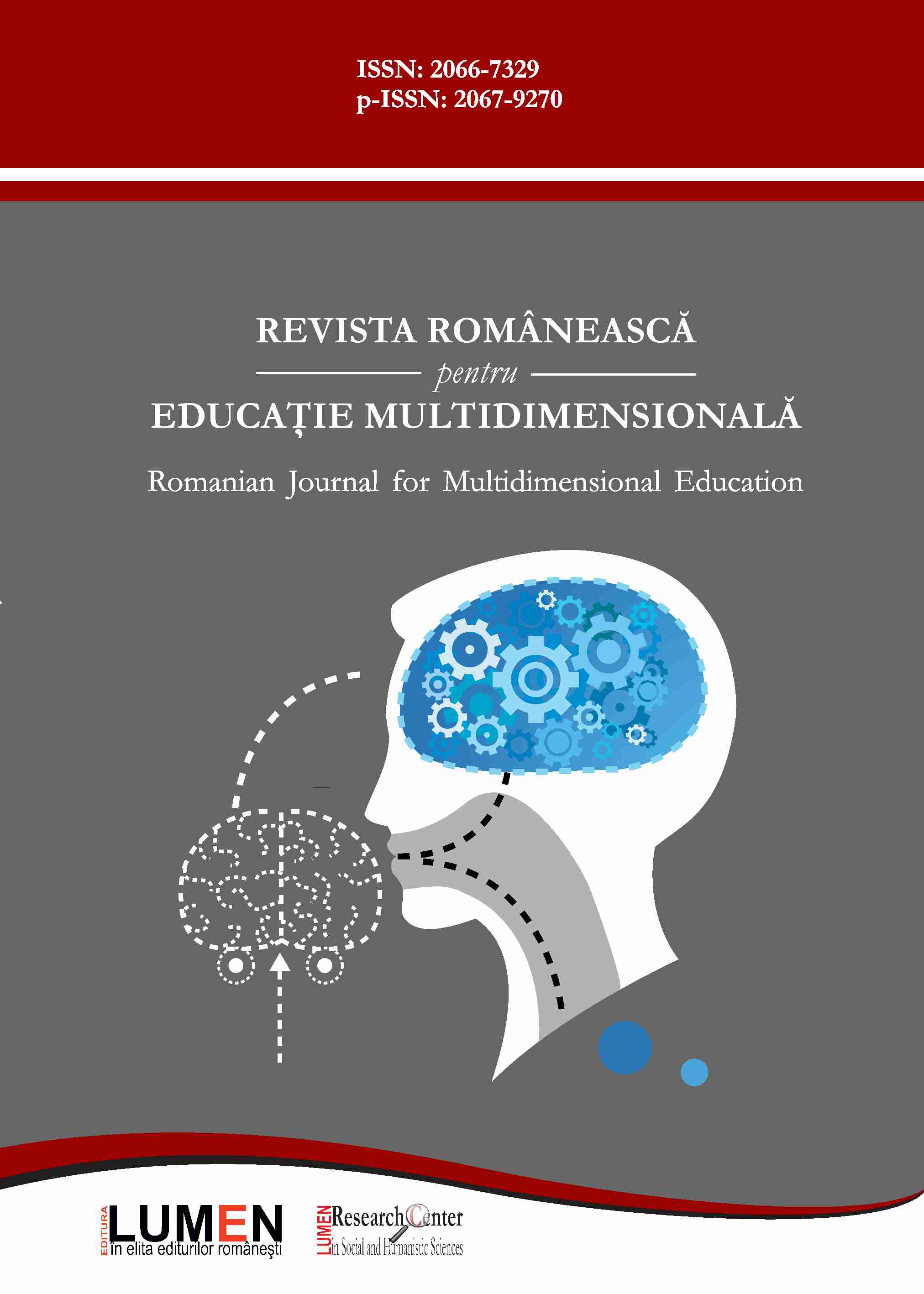The Essence of the Professional Training of Elementary School Teachers in the Context of Society Informatisation
The Essence of the Professional Training of Elementary School Teachers in the Context of Society Informatisation
Author(s): Ivan Vasylykiv, Tetiana Poplavska, Victoria Vitalyevna Vdovenko, Olena Haidamaka, Svetlana Bader, Nataliia StreletskaSubject(s): Education, School education, Adult Education, ICT Information and Communications Technologies, Pedagogy
Published by: Editura Lumen, Asociatia Lumen
Keywords: Professional competence; informational competence; information and communications technology; elementary school; digital literacy;
Summary/Abstract: This article studies the problems of the essence of the professional training of elementary school teachers in the context of society informatisation. It is specified that the development of the scientific and technological progress incites to the information and communications technology onrush. It is noted that the educational reform is currently being implemented in Ukraine. The definitions of the concepts ‘competence’, ‘responsibility’ and ‘informational competence’ are established. The author outlines the publications of the foreign and national researchers of the problem raised. It is found out that digital competence is supported by digital literacy. It is accentuated that a future elementary school teacher should use the modern technology, have a high level of digital competence formedness. It is studied that the foreign higher educational institutions had experiments conducted on the use of platforms for online meetings and websites development at the beginning of the XXI century. It is indicated that the skill to interact in different environments, to share the knowledge, to form a new communication, to correct the information is one of the advantages of the information and communications technology from the students` viewpoint. The author emphasises that the outbreak of COVID-19 incited lecturers and teachers at higher educational institutions to arrange the distance education as an alternative to the intramural form of study. It is ascertained that students appeared to be ready to develop their own pedagogical competence during their online education. The article shows that digital competence includes three measurers: technical skills, cognitive skills and ethical knowledge. The author outlines the ways for forming digital competence in attendees of educational institutions, presents some educational programs, e-sources that an elementary school teacher can use when organising the educational process. It appears that the factor of successful use of the information-communications technology is an adequate number of computer laboratories and appliances, broadband Internet access.
Journal: Revista Românească pentru Educaţie Multidimensională
- Issue Year: 14/2022
- Issue No: 2
- Page Range: 348-362
- Page Count: 15
- Language: English

